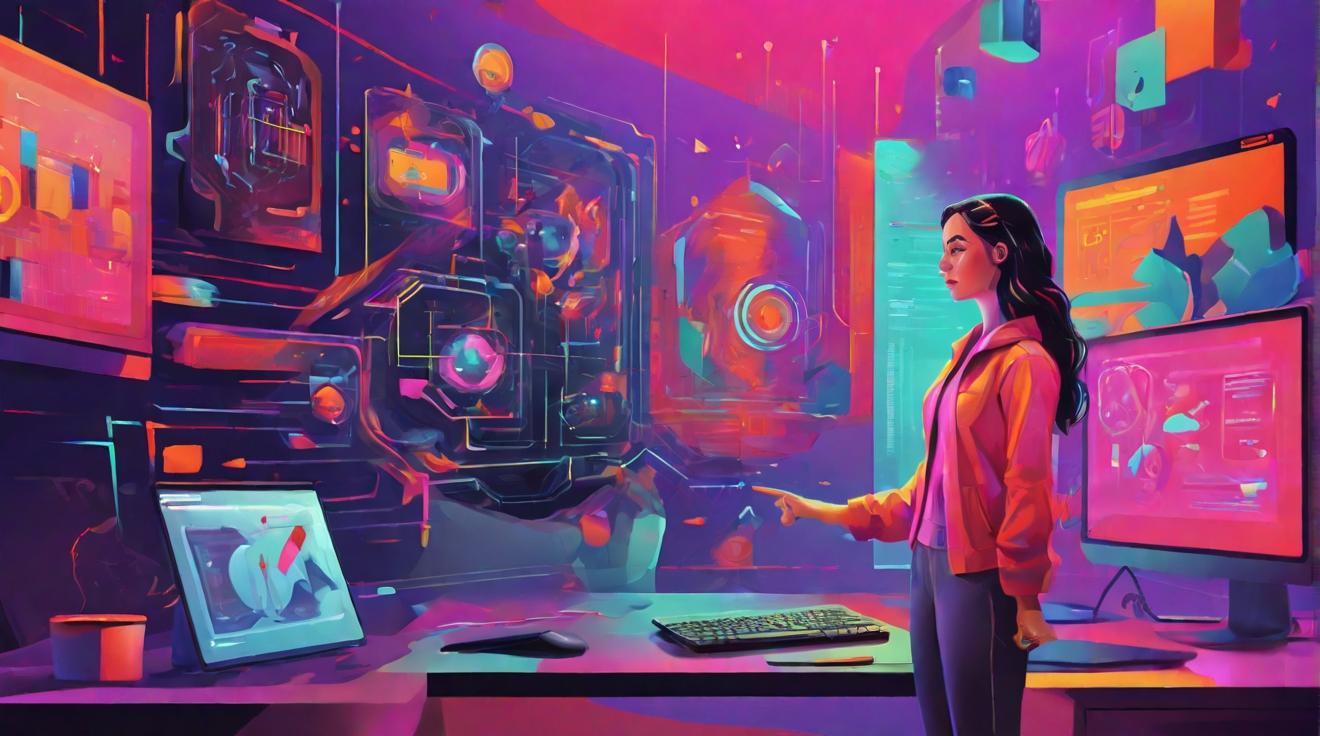Is This Woman Real or AI-Generated? The Video That's Baffling the Internet
In an era where artificial intelligence (AI) is seamlessly integrating into our daily routines, distinguishing AI-generated content on social media has become a formidable challenge. The recent controversy over a video advertisement has sparked a heated debate across the internet, leaving many to wonder about the future implications of AI in content creation.
Becky, the founder of GetDirty, a brand known for its hygiene products, posted what she claimed to be an AI-generated video, drawing attention not only to her brand but also to the capabilities and ethical considerations of AI technology in marketing. The video, which has amassed approximately 1.3 million views, features a woman bearing a striking resemblance to Becky herself, promoting the advantages of GetDirty's products over traditional wipes.
Audience skepticism was piqued as people began to question the authenticity of Becky's claims. Was the video truly the result of AI magic, or was there more to the story? Comments on the video ranged from disbelief in its AI origins to suspicions that it might be a deep fake, where AI could have been used to tweak certain aspects, like facial details, while leaving the rest of the content genuine.
Clarification regarding the video's creation soon emerged. Contrary to the initial claim of it being entirely AI-generated, it was revealed that the video utilized pre-recorded content from various art creators, integrated with a script, and possibly even featured cloned voiceovers to mirror the original creators' voices closely.
Becky later shed light on the process behind the video's production. She detailed the use of a specific tool for generating the video, which involved a financial transaction, scriptwriting, model selection, and scene picking. Despite the AI-generated aspect of the video, Becky admitted that the endorsement within the video lacked authenticity, as the person featured had neither used the product nor provided a genuine review.
This incident underscores the complexity and potential of artificial intelligence in crafting content for social media. As AI continues to advance, the line between real and generated content becomes increasingly blurred, raising ethical questions and highlighting the need for transparency in AI uses. The fascination and confusion surrounding Becky's advertisement have ignited a broader conversation on the role of artificial intelligence in marketing and content creation, suggesting that the future indeed holds unimaginable possibilities for AI applications.
Analyst comment
This news can be considered as neutral. Analysts predict that the market for AI-generated content will continue to grow, but there will be a greater demand for transparency and authenticity in marketing and content creation. Ethical questions surrounding AI uses will be raised, and discussions on the role of AI in the future of marketing will be sparked.













